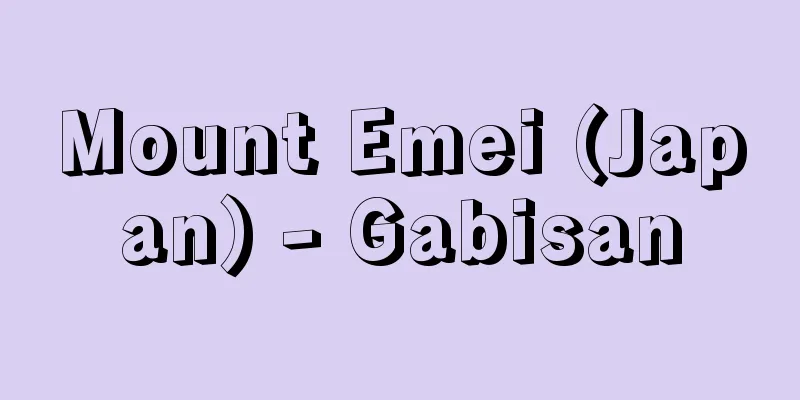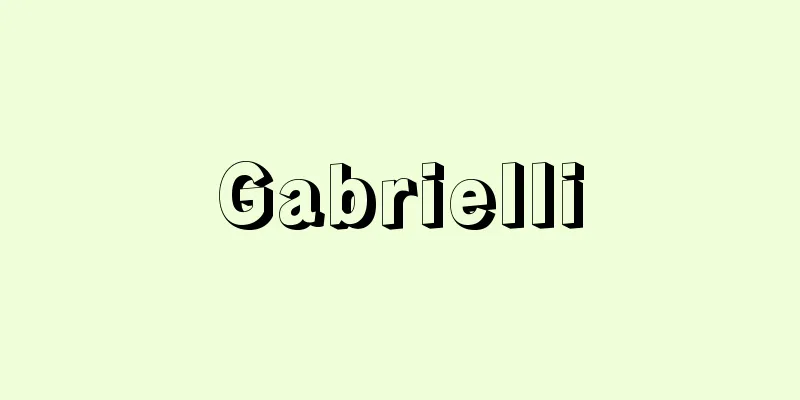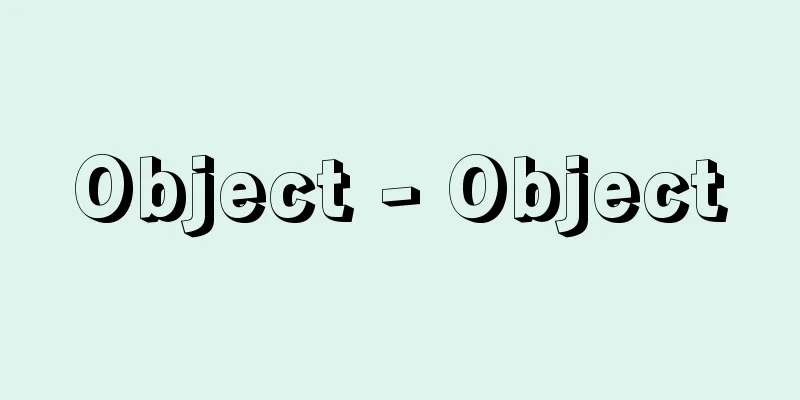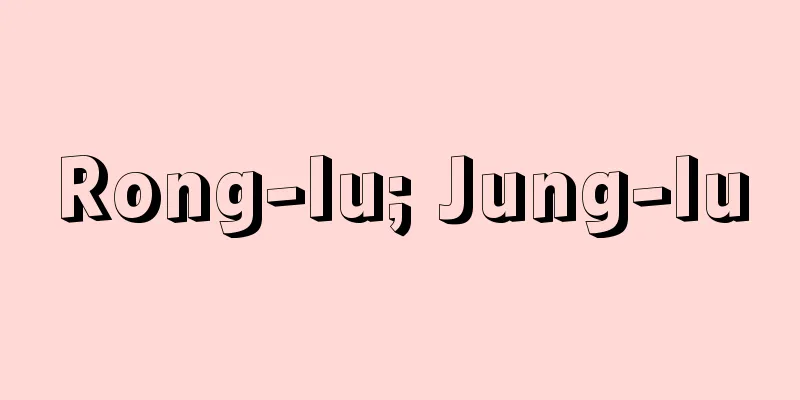Baron d'Holbach, Paul Henri Dietrich

|
A materialist and atheist during the French Enlightenment. Born in Edesheim in southwestern Germany (now Rhineland-Palatinate). A German aristocrat, he lived in Paris from a young age and, through his friendship with Diderot, contributed to the Encyclopedia on topics such as mineralogy, chemistry, and natural history. After d'Alembert withdrew from the Encyclopedia in 1759, he helped edit the natural sciences section. Many of the famous Enlightenment thinkers of the time, such as Rousseau, Condillac, and La Mettrie, attended salons regularly held in his home, and his main work, The System of Nature (1770), is thought to be a culmination of the discussions that took place in these salons. d'Holbach, like Diderot, was an exceptionally thorough materialist, and in particular declared that "religion is the enemy of human happiness and progress," and in all his works since "Revelation of Christianity" (1756), he harshly criticized faith and superstition. However, with regard to political thought, as seen in "Discourse on Good Sense" (1772), "The System of Society" (1773), and "Universal Morals" (1778), he sought the cause of social ills in individual ignorance and did not recognize revolution as a means of resolving political problems. [Akihiro Sakai May 19, 2015] "Exposing Christianity" translated by Kyo Nozawa (1968, Gendai Shichosha) [References] | |Source: Shogakukan Encyclopedia Nipponica About Encyclopedia Nipponica Information | Legend |
|
フランス啓蒙(けいもう)期の唯物論者、無神論者。ドイツ南西部(現、ラインラント・プファルツ州)のエーデスハイム生まれ。ドイツ人貴族であったが、若いころからパリで生活し、ディドロとの交遊を通して『百科全書』に鉱物学、化学、博物学などの項目を執筆した。さらに1759年ダランベールが『百科全書』から手を引いてからは、自然科学関係の項目の編集に協力した。また彼の家で定期的に開催されたサロンには、ルソーやコンディヤック、ラ・メトリら当時の著名な啓蒙思想家の多くが姿を現したが、主著『自然の体系』(1770)はこのサロンでの議論を集大成したものと思われる。 ドルバックはディドロと並んでひときわ徹底した唯物論者であったが、とくに「宗教は人間の幸福と進歩の敵である」と断言し、『キリスト教暴露』(1756)以来の全著作を通して、信仰と迷信とに激しい批判を加えた。しかし政治思想に関しては、『良識論』(1772)、『社会の体系』(1773)、『普遍道徳論』(1778)にみられるように、社会悪の原因を個人の無知に求め、政治問題の解決の手段としての革命を認めなかった。 [坂井昭宏 2015年5月19日] 『野沢協訳『キリスト教暴露』(1968・現代思潮社)』 [参照項目] | |出典 小学館 日本大百科全書(ニッポニカ)日本大百科全書(ニッポニカ)について 情報 | 凡例 |
<<: Dhrupad (English spelling) [Hindi]
>>: Trunojoyo (English spelling)
Recommend
Landlords' Association - Jinushikumiai
A cooperative organization formed by landowners. ...
Tan Xin Pei - Tan Xin Pei
1847‐1917 A late Qing Dynasty Peking Opera actor. ...
Kennedy, PJ (English spelling) KennedyPJ
...The family of JF Kennedy, the 35th President o...
Rhombencephalon - rhombencephalon
During the development of vertebrates, the neural ...
Fire Service Act
This law was enacted in 1948, Act No. 186, to pre...
The Mandarin Duck Promise
…The male's non-breeding plumage is very simi...
Clothoid - Kurosoid (English spelling)
A type of plane curve. It is also called the Corn...
Giant snake shell (Serpulorbis imbricatus)
As its name suggests, the shell coils up like a sn...
Ākhūndzāde (English spelling)
1812‐78 Azerbaijani literary figure. Born in Sheki...
Carrara Marble - Carrara Marble
In the narrow sense, it refers to a metamorphic r...
Bohai Oil Fields
A general term for the oil fields along the coast ...
Chemiluminescent indicators
... Generally, fluorescent substances are unstabl...
Takuma Eiga
He was a Buddhist sculptor of the Takuma school in...
Echigo Disturbance - Echigo Disturbance
Between 1679 (Enpo 7) and 1681 (Tenwa 1), there w...
Handbag - Handbag (English spelling)
A small bag or handbag in which a wallet, cosmeti...









